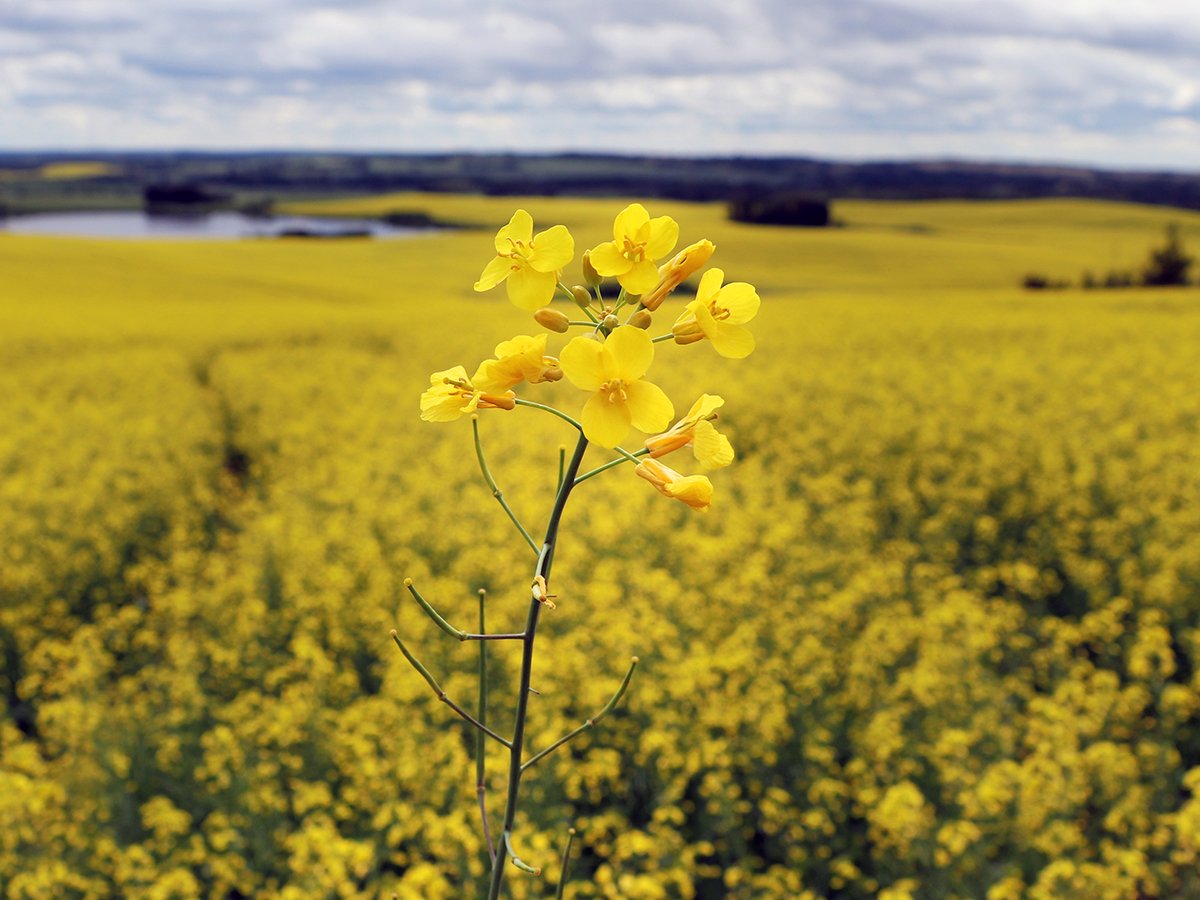HAMBURG, Germany (Reuters) — Persistent rain at harvest time is set to cause a late reduction in the European Union’s rapeseed crop, its main oilseed for edible oil and biodiesel production, experts said last week.
“Harvest weather has been terrible with repeated rain in the four largest producers France, Germany, Britain and Poland, and we are likely to see crop sizes reduced at the last moment,” one German rapeseed trader said.
“The EU’s rapeseed import requirement may be larger than expected next season.”
This could create an opportunity for Canada. EU’s rapeseed production last year also fell short of its needs. A lot of its imports come from Australia and Ukraine, but Canada was able to increase sales in the first 11 months of the crop year to 432,000 tonnes, up from 76,500 in the same period the year before.
Read Also

Chinese offer complicates canola marketing
Recently the Chinese ambassador indicated that there would be a potential deal between Canada and China regarding the current tariff war.
France, which may be the EU’s largest rapeseed producer this year, is set for a sharp fall after adverse weather.
France’s rapeseed harvest is coming to a close but has been held up in the north by repeated rain since late July.
French rapeseed has endured heavy rain, cold spells and limited sunshine, analysts said.
“Yields in France are disappointing but not disastrous like in wheat,” said Renaud de Kerpoisson, president of the ODA Groupe consultancy.
ODA estimates the French crop will fall to 4.4 million tonnes, down 17 percent from last year.
French analyst Strategie Grains cut its crop estimate to 4.7 million tonnes, down 400,000 tonnes from its previous outlook.
Rain is delaying the German harvest, which means some rapeseed is suffering from fungal diseases and pest attacks, Germany’s farming association said.
It forecast that the rapeseed harvest will fall 500,000 tonnes on the year to around 4.5 million tonnes.
In Britain, rapeseed harvesting is about 40 percent complete with a smaller crop expected.
“Yields are highly variable this year, but at this stage the average yield appears to be around 10 percent lower than the five-year average,” said analyst Susan Twining of the crop consultant firm ADAS.
Analysts also expect U.K. rapeseed area will be down around 10 percent, hurt by weak margins and problems linked to curbs on neonicotinoids.
The EU restricted use of the seed treatment in the hope that it would protect bees.
Traders said Britain is expected to harvest about two million tonnes, down from last year’s 2.54 million.
In Poland, rain is also disrupting harvesting and may cause crop losses, said Wojtek Sabaranski of analysts Sparks Polska.
Sparks Polska expects Poland’s crop to fall 30 percent on the year to 2.2 million tonnes.
However, late rain means that a fall to two to 2.1 million tonnes cannot be ruled out, Sabaranski said.














